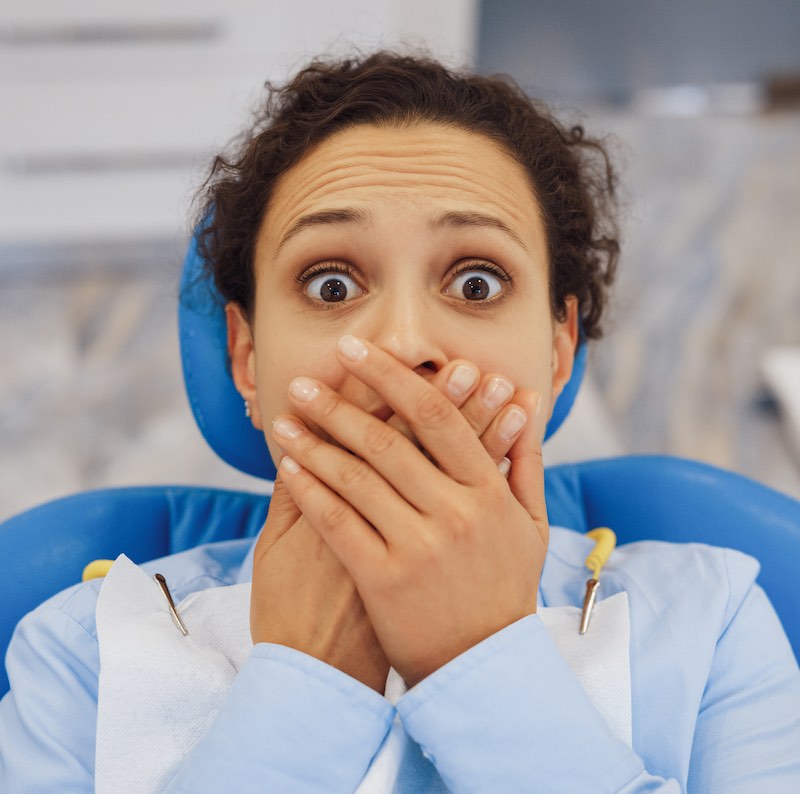Embarrassment is a complex emotional response that has both evolutionary and social origins. From an evolutionary perspective, embarrassment likely evolved as a way to signal to others that one has violated a social norm or made a mistake, and to repair the social bond by expressing remorse or apologizing.
From a social perspective, embarrassment is influenced by cultural norms and social expectations. Different cultures have different norms about what is considered embarrassing, and individuals within a culture may also have different levels of sensitivity to embarrassment depending on their upbringing and experiences.
Embarrassment can also be influenced by factors such as personality, self-esteem, and the specific situation. For example, people who are more introverted or self-conscious may be more prone to embarrassment in social situations, while people with higher self-esteem may be more resilient to embarrassment.
Physiologically, embarrassment is associated with increased blood flow to the face, neck, and chest, resulting in blushing or flushing of the skin. This physiological response can be triggered by a variety of factors, including perceived social evaluation, attention from others, or a perceived violation of social norms.
Overall, embarrassment is a complex emotion that reflects the interplay between evolutionary, cultural, social, and individual factors, and serves as an important social signal for repairing social bonds and maintaining social order.
I believe also that social media has played a huge part in people believing that their teeth need to be bleach-blinding white to be attractive. People sit in my chair with beautiful smiles who have nothing positive to say about themselves or their teeth.
Here are a few reasons that people avoid treatment other than fear itself.
1.Poor oral hygiene: People may feel embarrassed if they haven’t been taking proper care of their teeth and gums, resulting in cavities, gum disease, or bad breath.
2. Fear of being judged: People may worry that the dentist or dental hygienist will judge them for their oral health or dental habits.
3. Fear of pain: People may be embarrassed about how they will react to the pain or discomfort associated with certain dental procedures.
4. Dental anxiety or phobia: People with dental anxiety or phobia may feel ashamed about their fear and may avoid going to the dentist altogether. Many people are not aware of the many options available to them such as weighted blankets, breathing techniques, and oral sedation.
5. Financial concerns: People may be embarrassed if they can’t afford dental care or if they have overdue bills from previous visits.
6. Appearance of teeth: People may be self-conscious about the appearance of their teeth, such as discoloration, gaps, or missing teeth. I can tell you that 99% of people I encounter are not happy with their smile or have something critical to say about their teeth.
7. Sensitive teeth: People may be embarrassed about their sensitive teeth and worry that the dentist will judge them for not being able to handle certain temperatures or textures.
8. Bad past experiences: People may feel have had past negative experiences at the dentist, which can make them reluctant to seek dental care in the future.
9. Anxiety about dental instruments: People may be embarrassed about their anxiety related to the sounds, smells, or feel of dental instruments or the materials that are used.
10. Fear of being vulnerable: People may feel helpless about having to lie back in the dental chair with their mouth open, feeling vulnerable and exposed.
It’s important to remember that dental professionals are here to help patients achieve optimal oral health and self-confidence. If you feel embarrassed or anxious about going to the dentist, don’t hesitate to discuss your concerns with the dentist or dental team.

